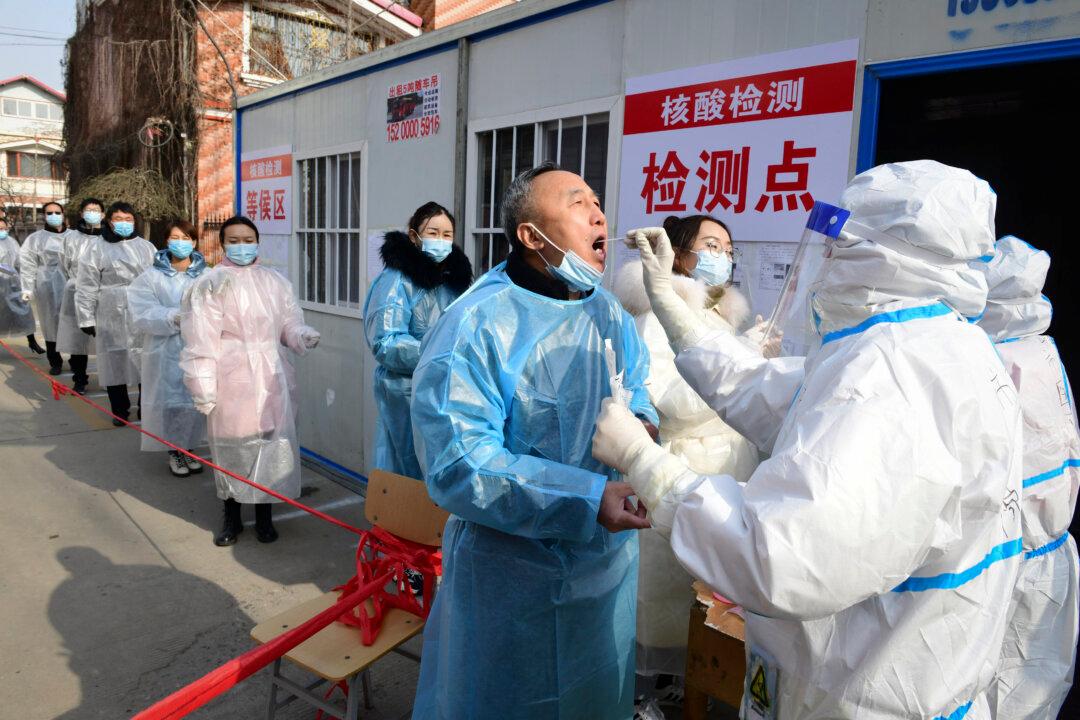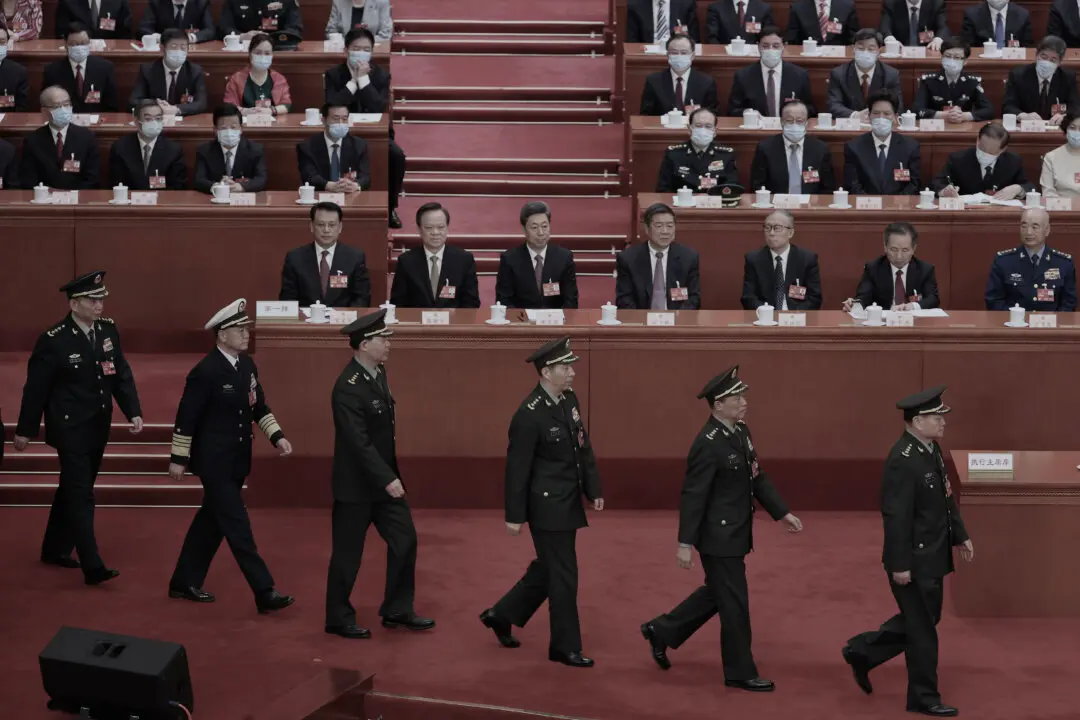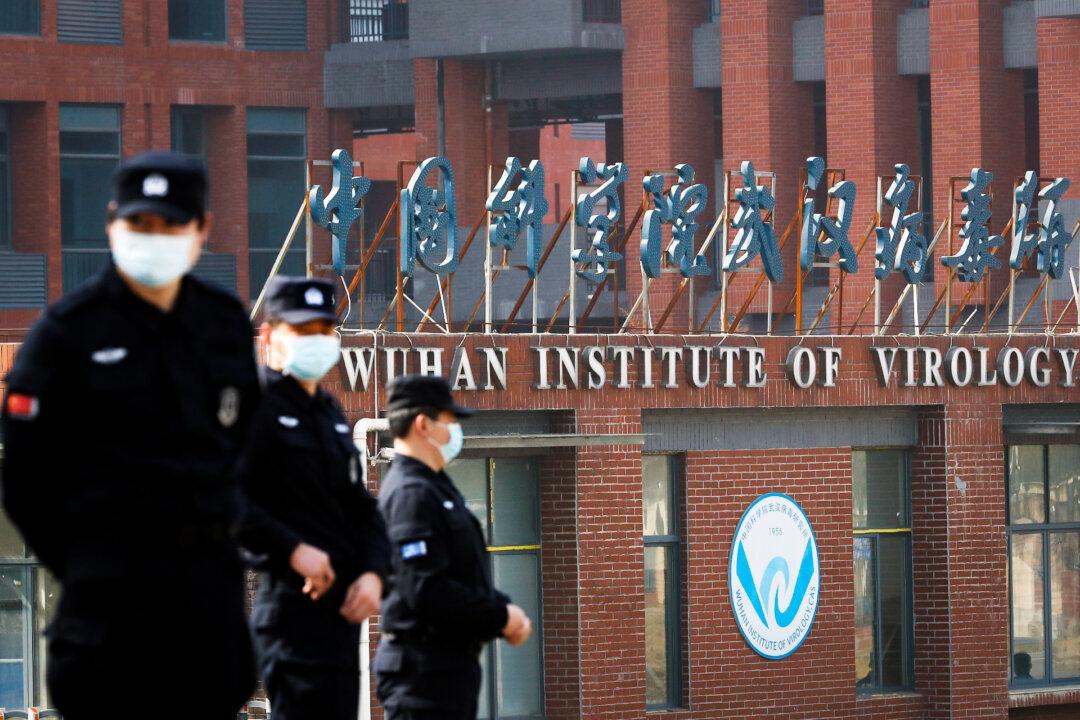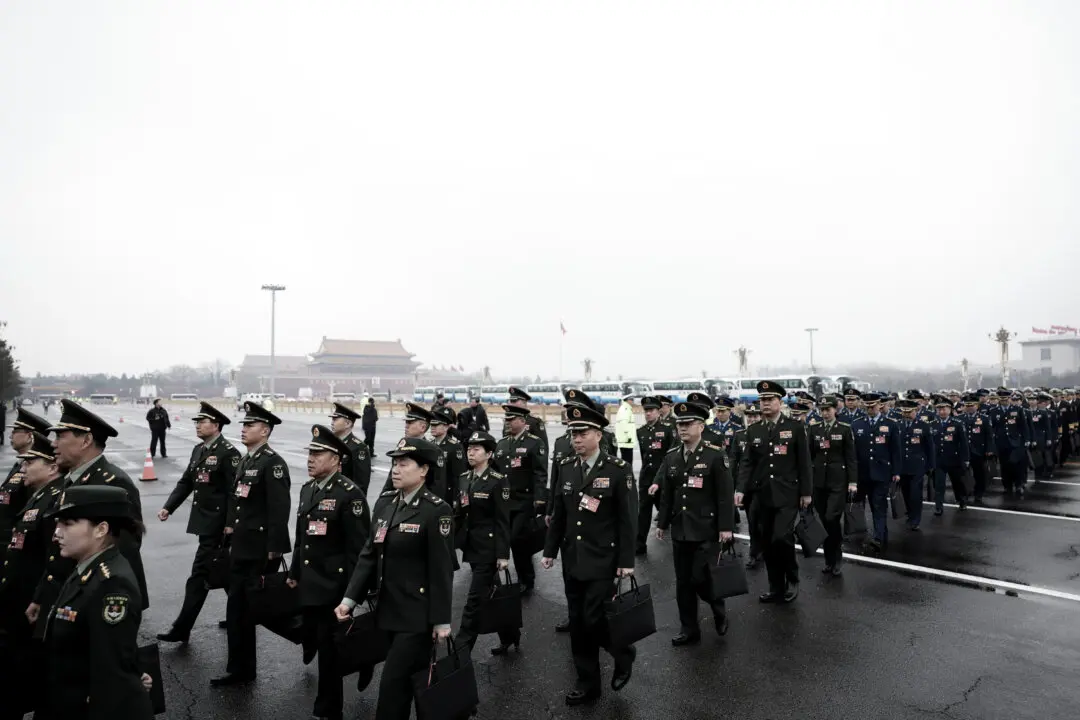The risk level of Nangong city, one of the COVID-19 epidemic hotspots in China’s Hebei Province, has been lowered on Feb. 8. However, the extreme lockdown measures continue to be implemented, and residents struggle to cope with the situation.
The Epoch Times learned from Nangong residents that every household has been under lockdown, and the latest government notice says the measures will continue till the end of the month. This means that residents will spend Chinese New Year, which begins on Feb.12, confined at home.




